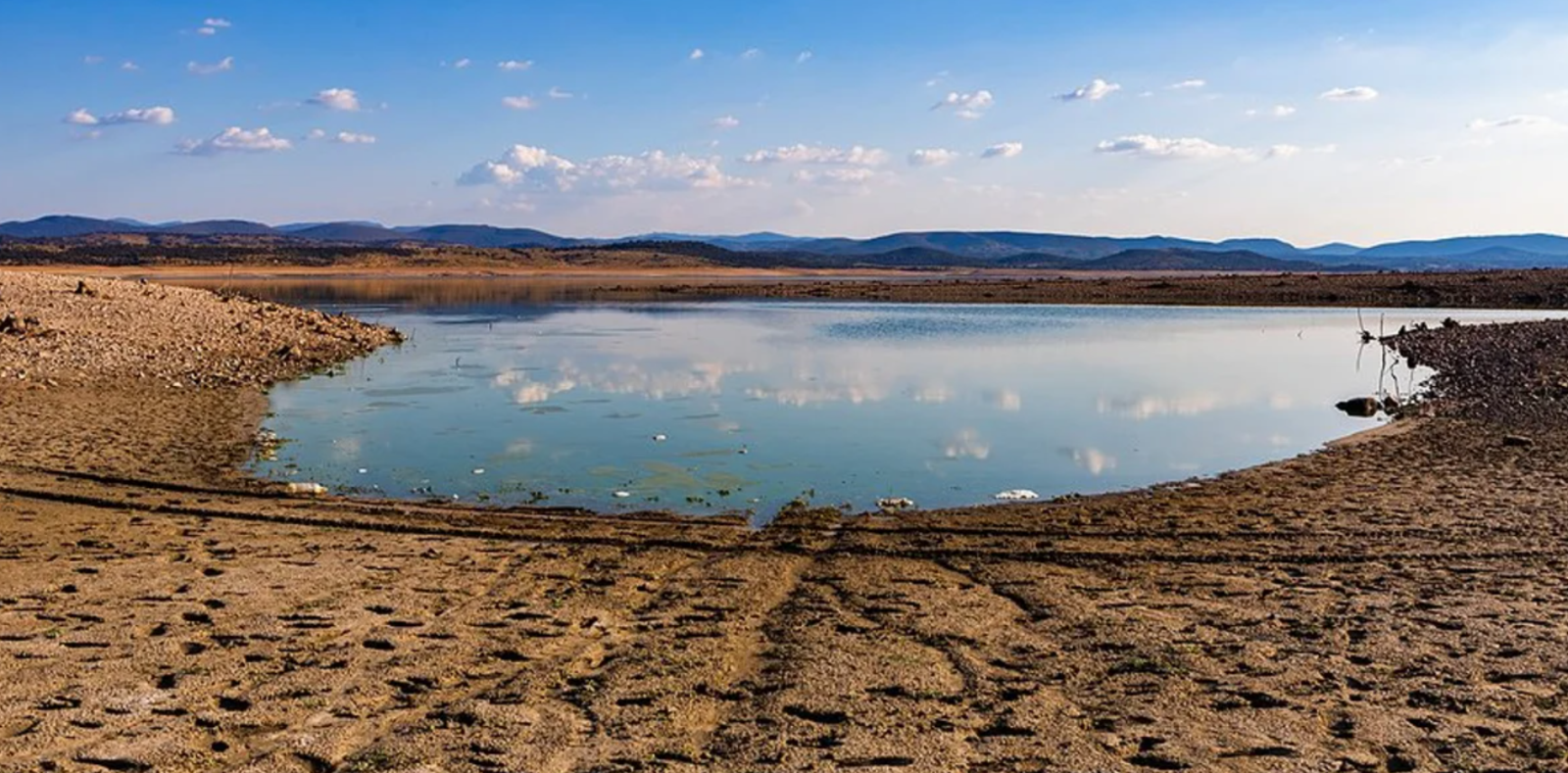
Droughts Persist Despite Torrential Rains
Barcelona's water crisis became starkly evident in 2024. Years of record drought from 2021 to 2023 were followed by a drought emergency declared in early 2024, with restrictions limiting households to 200 liters (53 gallons) of water per day and banning non-essential water use. Even with intense autumn rainfall, which caused devastating floods in Valencia, reservoir levels remained critically low, unable to recharge aquifers or alleviate the drought.
"Catalonia's drought has persisted despite floods delivering significant rainfall," said Marc Prohom, head of climatology at the Meteorological Service of Catalonia. Rainstorms, often linked to Dana events (Depresión Aislada en Niveles Altos), bring extreme precipitation to coastal areas but fail to replenish water sources in inland regions such as the Pyrenees, which supply much of Barcelona's drinking water.
Floods Exacerbate Urban and Agricultural Risks
The torrential rains have triggered flash floods across Catalonia. In October 2024, Valencia experienced a catastrophic Dana event that delivered an entire year's worth of rainfall in hours, resulting in over 200 fatalities. Urbanization and agricultural practices have worsened the impact of these floods, as impermeable surfaces like concrete prevent water from soaking into the ground, while flood defenses redirect water downstream, intensifying risks.
"Flood defenses often aggravate the damage by increasing the speed and height of floodwaters," said Julia Martínez, executive director of the Foundation for a New Culture of Water. She emphasized that outdated infrastructure standards are inadequate for the scale of modern climate events.
Innovative Solutions for Water Management
Barcelona has taken steps to address water scarcity and flood management. Beneath Parc de Joan Miró, one of 13 underground cisterns captures rainwater to prevent stormwater from overwhelming the city's drainage system. However, this water is not repurposed for drinking, highlighting the need for more integrated solutions.
The Llobregat desalination plant, Europe's largest, has played a key role in boosting Barcelona's water supply. In 2024, it accounted for one-third of the city's drinking water, with an additional 25% coming from recycled wastewater. The Catalan Water Agency plans to invest €2.4 billion by 2027 to expand desalination and water regeneration facilities, aiming to make Barcelona less reliant on rainfall.
Agriculture and Urban Development Face Challenges
Catalonia's agriculture has also been severely impacted, with olive groves suffering a 50% drop in productivity in 2024. Water allocations for farming were slashed by 80% earlier in the year, raising questions about the sustainability of Spain's role as Europe's agricultural hub.
"We have too much irrigated land in Spain," Martínez said. "We cannot continue to be Europe's supermarket. We must adapt urgently."
Urban areas also face mounting pressure. Proposals to redraw flood maps and permit construction in high-risk areas have been criticized for prioritizing private profits over public safety. Less than half of Catalonia's municipalities have up-to-date flood emergency plans, leaving many residents unprepared for future disasters.
Nature-Based Solutions Offer Hope
Authorities are increasingly turning to nature-based solutions to address water challenges. Projects such as the "sponge city" initiative in Manchester, UK, demonstrate how permeable surfaces and rain gardens can reduce flood risks. In Italy's Cinque Terre, volunteers are restoring dry stone walls to slow water flow and revive sustainable agriculture.
"Nature-based solutions must become central to how we tackle extreme weather and climate change," said Francesco Marchese, a project manager involved in such efforts.
The Road Ahead: A Call for Transformation
Catalonia's water crises are a microcosm of global challenges intensified by climate change. With precipitation patterns becoming more erratic and extreme, experts stress the need for systemic change in urban planning, agriculture, and water management.
"We're experiencing a new climate," Prohom said. "Floods and droughts are more frequent and severe. We must rethink our approach to development and prioritize long-term resilience."
While Catalonia faces an uphill battle, scientists and policymakers remain cautiously optimistic. "We have the knowledge and tools to address these challenges," said María José Polo Gómez, a hydraulic engineering professor at the University of Cordoba. "The key is to act decisively and adapt before it's too late."
By embracing innovation and sustainable practices, Catalonia has the potential to navigate its water crises and serve as a model for regions worldwide grappling with the dual threats of floods and droughts.